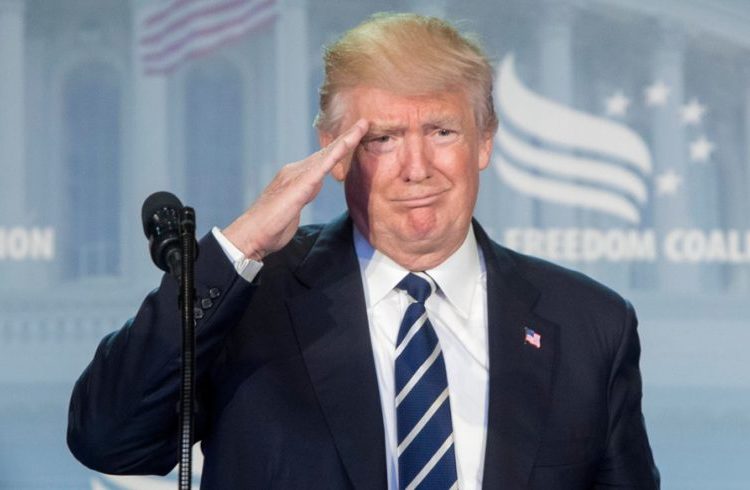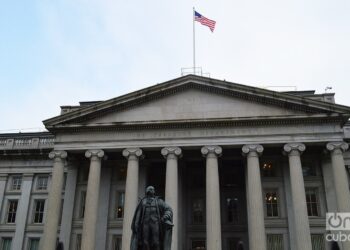The information is out: the announcement will occur on Friday 16. Donald Trump will let Miami know what will be the series of changes to the Cuba policy that could toughen the trade and travel conditions for U.S. citizens to the island. It was already known that this revision was close to completion and that it would be announced in Miami, but until now the exact date when Trump would communicate the changes was unknown.
It is probable that the announcement will take place in a speech “in a campaign rally style” in Miami, as a sign for the anti-Castro sector that has most pressured him on the subject, according to what two sources close to the revision told EFE in late May.
The U.S. ABC chain announced the date of the announcement citing anonymous government officials, as well as multiple sources from Congress and political activism organizations who have information about the inside discussion the White House is carrying out to determine which should be the policy toward Cuba.
According to sources, the White House National Security Council (NSC) met on Friday June 9 to reach a final agreement about the proposals they will send to Trump.
When Trump came to power in January he ordered his team to make a complete revision of the policy of opening to Cuba imposed starting December 2014 by his predecessor, Barack Obama.
Among the changes being considered is the ban on U.S. companies from doing business with entities linked to the Revolutionary Armed Forces of Cuba, and the possibility of imposing more restrictions on trips by U.S. citizens to the island.
It is also probable that Trump will annul the presidential directive that Obama issued in 2016 with the aim of making his policy irreversible, and which served as a guide for the government to have a clear responsibility of each agency in the new relations with Cuba.
Although Trump is not planning on breaking relations or closing the embassy in Cuba, the changes considered are far from being merely symbolic, according to sources consulted by EFE in late May.
One of the changes could have an impact on tourism, one of the sectors that have most benefitted with the reestablishment of relations between the two countries.
Although U.S. tourism in Cuba is not allowed, Obama relaxed the travel restrictions for his citizens by allowing them to “self-certify” themselves as participants in an educational, cultural or other type of visit to the island, categories that are legal.
Trump’s intention is, at least, to reinforce the migration controls so that U.S. citizens returning from Cuba have to provide proof that in effect they traveled to the island for those reasons and not for tourism, according to what John Kavulich, the president of the U-S.-Cuba Trade and Economic Council, a group of U.S. companies that want trade with the island, told EFE.
Another option would be to eliminate the “self-certification” and oblige U.S. citizens to request a specific license to travel to Cuba, something that could dissuade travelers and hinder business for U.S. airline and cruise companies that have initiated regular journeys to the island.
Two Republican lawmakers of Cuban origin, Senator Marco Rubio and Congressman Mario Díaz-Balart, who have put pressure for months to mold the possible policy changes, are having a clear influence in this debate about Cuba.










